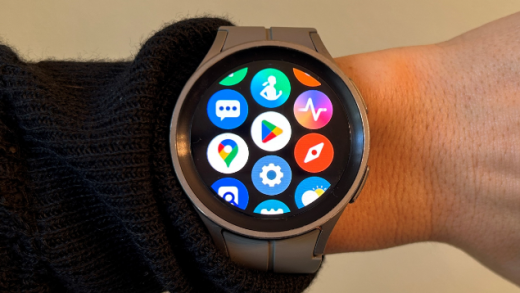As the world transitions towards sustainable transportation, electric vehicles (EVs) have gained significant popularity. However, one of the primary concerns for EV owners is the time it takes to charge their car batteries. In this blog post, we will explore the feasibility of charging an EV battery within a 30-minute timeframe, considering the advancements in charging technologies and the future of electric mobility.
1. The Evolution of EV Charging:
To understand the potential of a 30-minute charging time, we must first delve into the evolution of EV charging technologies. Initially, EVs relied on standard household outlets, which could take several hours to fully charge a battery. However, the introduction of Level 2 chargers, capable of delivering higher power, reduced charging times to a few hours. Fast forward to today, where DC fast chargers have emerged, offering significantly faster charging rates.
2. The Power of DC Fast Charging:
DC fast chargers, also known as Level 3 chargers, utilize direct current to charge EV batteries at a much higher rate than traditional chargers. These chargers can provide power levels of up to 350 kilowatts (kW), allowing for rapid charging. With such high power, it is indeed possible to charge an EV battery to 80% capacity within 30 minutes, depending on the vehicle’s battery size and charging capabilities.
3. Battery Technology Advancements:
Another crucial factor in determining the feasibility of a 30-minute charge is the advancement of battery technology. Modern EVs employ lithium-ion batteries, which have higher energy densities and can handle faster charging rates. These batteries are designed to withstand the high power input from fast chargers, ensuring efficient and safe charging within a shorter timeframe.
4. Infrastructure Challenges:
While the technology exists to charge an EV battery in 30 minutes, the availability and accessibility of fast charging infrastructure remain a challenge. The installation of high-power charging stations requires significant investment and coordination between governments, utility companies, and private entities. However, with the growing demand for EVs, efforts are underway to expand the charging network and reduce charging times.
5. The Future Outlook:
Looking ahead, the future of EV charging holds promising developments. Industry leaders are actively working on ultra-fast charging technologies, such as 800 kW chargers, which could potentially charge an EV battery to 80% in just a few minutes. Additionally, wireless charging systems integrated into roadways and parking spaces are being explored, eliminating the need for physical charging stations altogether.
Conclusion:
While 30 minutes may not currently be sufficient to fully charge an EV battery, it is undoubtedly a significant step towards faster and more convenient charging. With the continuous advancements in charging technologies and battery capabilities, the day when a 30-minute charge becomes the norm is not far off. As the world embraces electric mobility, the focus on improving charging infrastructure and reducing charging times will undoubtedly accelerate, making electric vehicles an even more viable and practical option for all.


